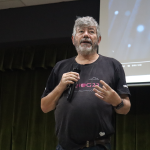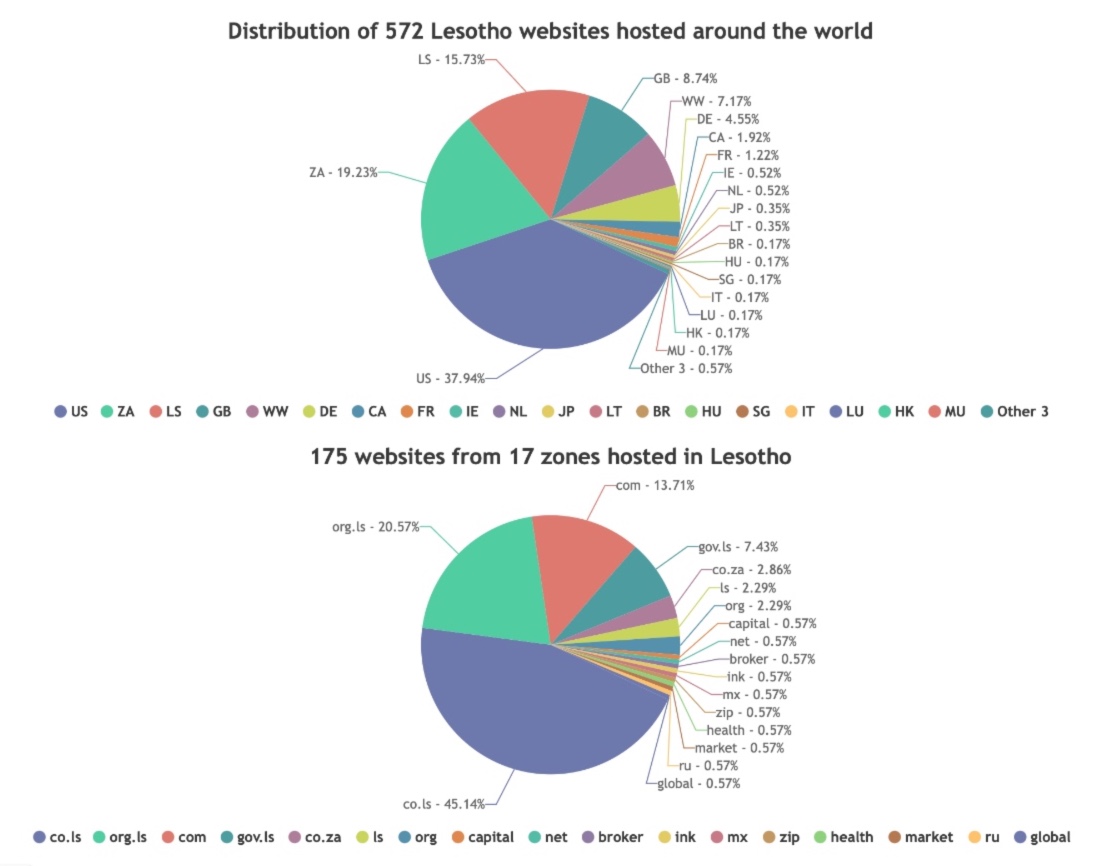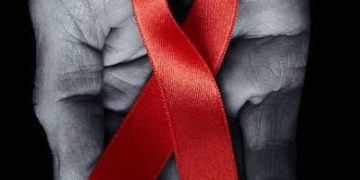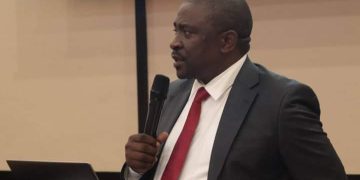
Today, the Internet Society Lesotho Chapter (ISOC Lesotho), in collaboration with the Lesotho Communications Authority (LCA) and the Internet Corporation for Assigned Names and Numbers (ICANN), commemorated Universal Acceptance (UA) Day. The event sought to ensure a more inclusive and multilingual internet by bringing together industry leaders, policymakers, developers, and digital innovators to discuss and promote the adoption of UA-compliant systems. This initiative is crucial in making the internet accessible to all, regardless of language or script.
During the event, Mark Elkins highlighted Lesotho’s challenges in integrating its native language into digital platforms. He noted that Sesotho words such as tšea (loincloth) and tsea (laugh) appear similar but have completely different meanings due to diacritical marks, which are often not supported online. This lack of language accessibility hinders the effective use of Sesotho in domain names and websites. The event aimed to educate developers and industry leaders on the importance of making Sesotho more accessible online.
Furthermore, Elkins pointed out that, according to Africa NDS Observatory statistics, only about 15% of Lesotho’s websites are locally hosted. This results in significant economic opportunities being lost to external hosting providers, as well as concerns regarding data privacy and security.
Speaking on behalf of ISOC Lesotho, Mr. Liaho Monaheng emphasized that Universal Acceptance is more than just a technical issue—it is a matter of digital equity and inclusion. UA Day is an initiative led by ICANN to raise awareness and drive action around a fundamental principle: all valid domain names and email addresses—regardless of language, script, or length—should be accepted equally by all internet-enabled systems. “This day is not just about technology—it is about inclusion, digital equity, and the right to participate fully in the digital economy, no matter what language you speak or where you are from,” Monaheng stated.
ISOC Lesotho has been at the forefront of efforts to enhance digital accessibility and inclusion. Their initiatives include championing digital literacy and internet governance, promoting local content and infrastructure development, including the refurbishment of the Lesotho Internet Exchange Point (LIXP), ensuring that no one is left behind in the digital age, and strengthening multistakeholder collaboration across various sectors.
ICANN, with its mandate to oversee the global domain name system (DNS), plays a crucial role in allocating domain names (such as “.com,” “.org,” and “.net”) and IP addresses. The event also addressed issues of trademark protection and intellectual property in DNS, as many domain names reflect registered trademarks to safeguard brand identity and prevent misuse. A key concern discussed was cybersquatting, where individuals or entities register domain names identical or confusingly similar to established brands, potentially leading to legal and commercial disputes. ICANN’s role in preventing such practices was emphasized as essential in maintaining a fair and secure digital ecosystem.
The domain name system has also evolved to become more diverse and flexible, moving beyond traditional three-letter domains with the introduction of generic top-level domains (gTLDs) and Internationalized Domain Names (IDNs). These advancements allow greater linguistic representation online, reinforcing the importance of Universal Acceptance in fostering a truly global and multilingual internet.
As discussions on digital inclusivity continue, Lesotho faces legislative gaps that hinder progress. Despite the Data Protection Act of 2011 mandating the establishment of a Data Protection Authority, this body has yet to be formed. Additionally, the Cybersecurity Bill remains stalled in parliament, further delaying necessary legal protections in the digital space. Addressing these regulatory shortcomings is imperative for ensuring a safe and inclusive digital future for Lesotho.





